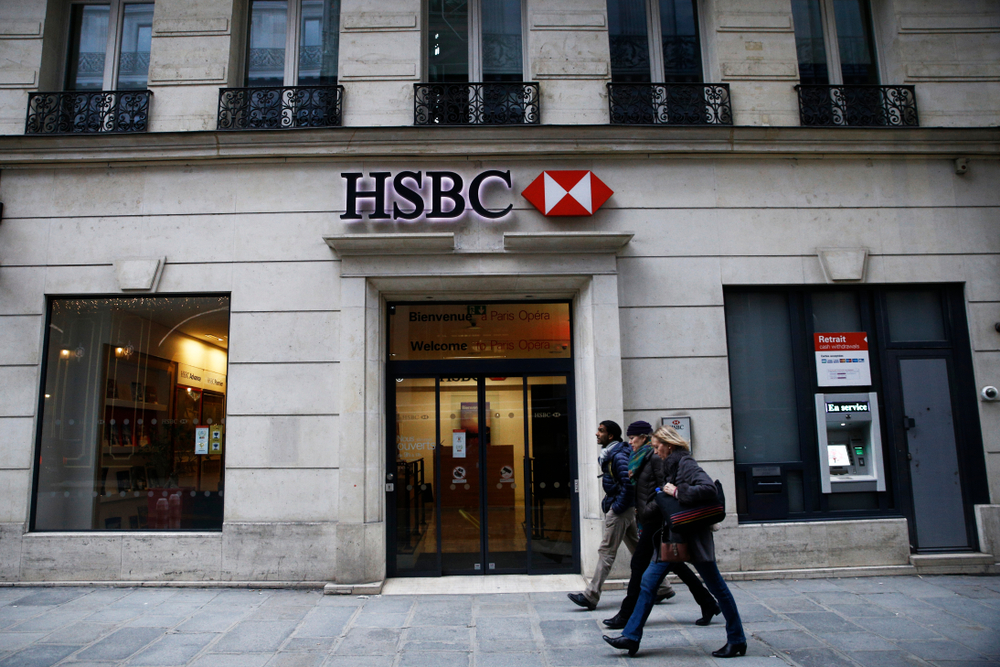HSBC Reduces Stake in Bank of Communications
HSBC made headlines on Tuesday with the announcement that it will be reducing its stake in China’s Bank of Communications (BOCOM) from 19.03% to about 16%. This move follows BOCOM’s recent fundraising efforts, which will result in HSBC incurring a significant loss estimated to be as much as $1.6 billion. The shift is part of a broader strategy by China’s state-owned banks to raise capital and strengthen their financial standing, yet it has left HSBC with a substantial financial blow.
Details of BOCOM’s Fundraising
In March, BOCOM was among four major state-owned Chinese banks that collectively aimed to raise 520 billion yuan (roughly $71.5 billion) through private placements. This initiative came on the heels of China’s push to recapitalize its state-owned banks to enhance their ability to support the country’s real economy. As part of this plan, BOCOM issued shares to raise up to 120 billion yuan, leading to a dilution of HSBC’s stake. As a result, HSBC’s shareholding in BOCOM decreased by three percentage points, translating into a pre-tax loss of between $1.2 billion and $1.6 billion.
The Financial Impact on HSBC
HSBC confirmed that this loss would be reflected in its income statement, although the final financial impact will depend on factors such as foreign exchange fluctuations and the timing of the completion of the fundraising. The bank also clarified that this loss would not be deductible for tax purposes, given that its investment in BOCOM is considered a long-term holding. Despite this significant loss, HSBC assured investors that it would not materially affect its capital ratios or its ability to distribute dividends.
HSBC’s Previous Losses Amid Economic Uncertainty
This latest setback comes on the heels of a previous $3 billion charge HSBC reported in February, which was also tied to its stake in BOCOM. That loss was driven by rising bad loans in China, largely due to the ongoing crisis in the property sector. In addition, HSBC reported a 25% decline in its first-quarter profit, further exacerbated by global economic uncertainties, including the trade tensions spurred by U.S. President Donald Trump’s tariffs. With these mounting challenges, HSBC continues to face an uncertain future in the global financial landscape.
HSBC’s Exposure to Asia and Global Challenges
Despite these financial setbacks, HSBC remains deeply rooted in Asia, where it generates the majority of its revenues and profits. The recent developments underscore the volatile nature of global financial markets, particularly with HSBC’s significant exposure to the Chinese market. As China grapples with its own economic issues and geopolitical tensions rise, HSBC’s fortunes are closely tied to the performance of the region, making it vulnerable to both local and global challenges.
HSBC’s ability to weather these challenges will depend on its ability to navigate a complex financial environment, one where trade tensions and economic instability continue to create headwinds. While the bank remains committed to its long-term investments, it faces a tumultuous road ahead as it adapts to a rapidly changing global economy.


